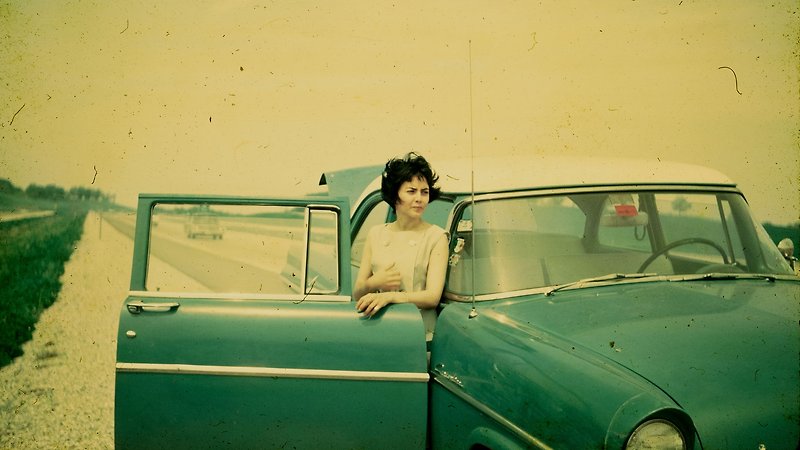Brazilian-Algerian filmmaker, and NZIFF veteran, Karim Aïnouz invites us on his first ever journey to Algeria, the homeland of his estranged father, in this evocative diary film bending space and time.

The director’s sense of displacement and disorientation is reflected in the film’s audio and visual style. ... It adds to the sense that we are watching a poem.
Screened as part of NZIFF 2021
Mariner of the Mountains 2021
Marinheiro das montanhas
Director Karim Aïnouz’s (The Invisible Life of Euridice Gusmao NZIFF 2019) Algerian father separated from his Brazilian mother when she was pregnant with Aïnouz in Brazil. Although son and father didn’t meet until Aïnouz was eighteen years old, his father’s homeland had always exerted a fascination over him as he grew up in Fortaleza, in northeastern Brazil. Plans to travel to Algeria with his mother, Iracema, were thwarted by circumstance and the country’s political instability and it was not until 2019, after his mother’s death four years earlier, that he finally embarked on a ferry from Marseille to Algiers.
The roving, ruminative film shaped from images shot during his “road trip”, photos and archive material, is a visual letter that he addresses to her. The journey eventually takes the filmmaker to Kabylia in the Atlas Mountains, where members of his extended family live. It, and his encounters with folk – which bring to mind Agnès Varda’s impromptu documentary portraits – along the way, also lead him to reflect on ties that bind, as he deciphers childhood memories, his romanticised view of the Algerian war of independence and the contrasts and links between Brazil and Algeria, two countries “of love, revolution and failure”. — Sandra Reid
“A true voyage of discovery, Mariner of the Mountains ultimately beguiles with its deft blend of personal and political and because of the beauty of the images that Ainouz finds along the way.” — Allan Hunter, Screendaily